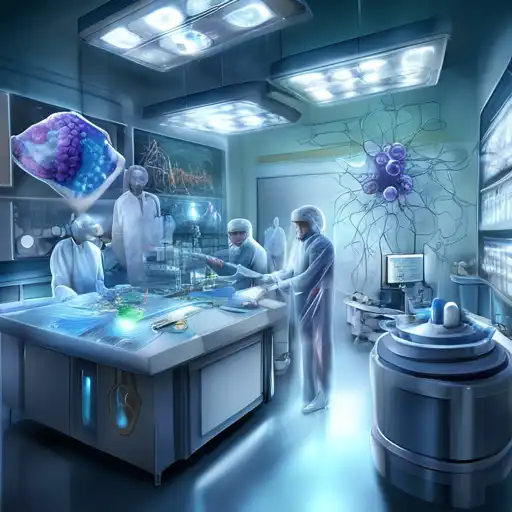Introduction to Nanotechnology in Medicine
Nanotechnology, the science of manipulating matter at the atomic and molecular scale, is set to revolutionize the medical field. With its ability to operate at the same scale as biological molecules, nanotechnology offers unprecedented opportunities for diagnosis, treatment, and prevention of diseases. This article explores the groundbreaking advancements and potential of nanotechnology in medicine.
The Promise of Nanomedicine
Nanomedicine, the application of nanotechnology in healthcare, promises to transform the way we approach disease treatment and prevention. From targeted drug delivery systems that minimize side effects to nanorobots capable of repairing damaged tissues, the possibilities are endless. The precision and efficiency of nanotechnology could lead to more effective treatments with fewer side effects.
Current Applications of Nanotechnology in Medicine
Today, nanotechnology is already making waves in various medical applications. Some of the most notable include:
- Drug Delivery: Nanoparticles are being used to deliver drugs directly to diseased cells, reducing the impact on healthy cells and improving treatment outcomes.
- Diagnostic Tools: Nanotechnology enables the development of highly sensitive diagnostic devices that can detect diseases at their earliest stages.
- Regenerative Medicine: Nanomaterials are being explored for their potential to support tissue regeneration and repair.
Future Prospects
The future of nanotechnology in medicine is bright, with research focusing on more sophisticated applications such as:
- Nanorobots: These microscopic robots could perform surgeries at the cellular level, offering a new frontier in minimally invasive procedures.
- Personalized Medicine: Nanotechnology could enable treatments tailored to the individual's genetic makeup, improving efficacy and reducing side effects.
Challenges and Ethical Considerations
Despite its potential, the integration of nanotechnology into medicine faces several challenges, including safety concerns, ethical issues, and the need for regulatory frameworks. Ensuring the safe and equitable use of nanotechnology will be crucial as the field advances.
Conclusion
Nanotechnology in medicine represents a paradigm shift in healthcare, offering innovative solutions to some of the most pressing medical challenges. As research progresses, the potential for nanotechnology to improve patient outcomes and revolutionize treatment modalities is immense. The journey of nanotechnology from the lab to the clinic is just beginning, and its impact on medicine will undoubtedly be profound.
